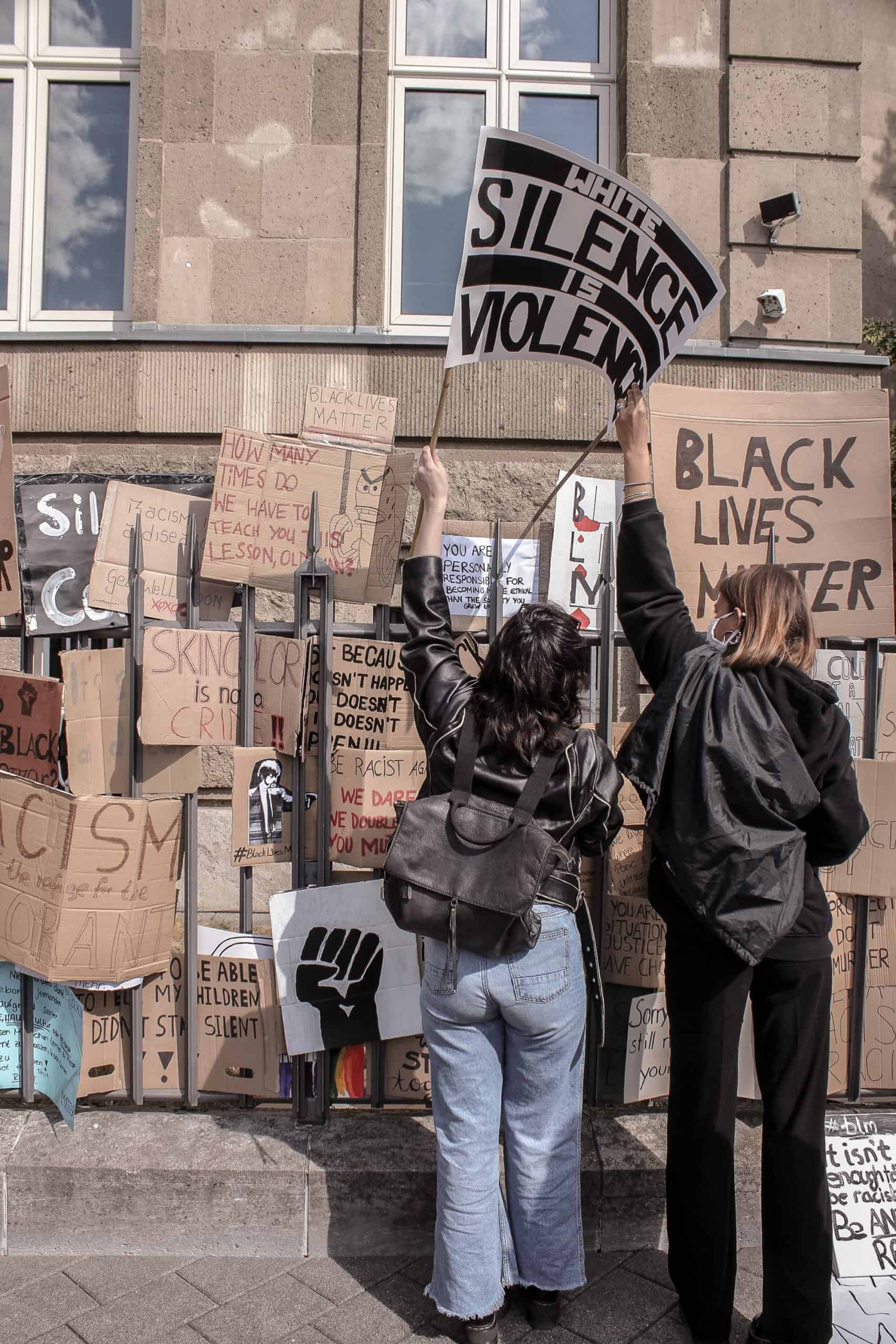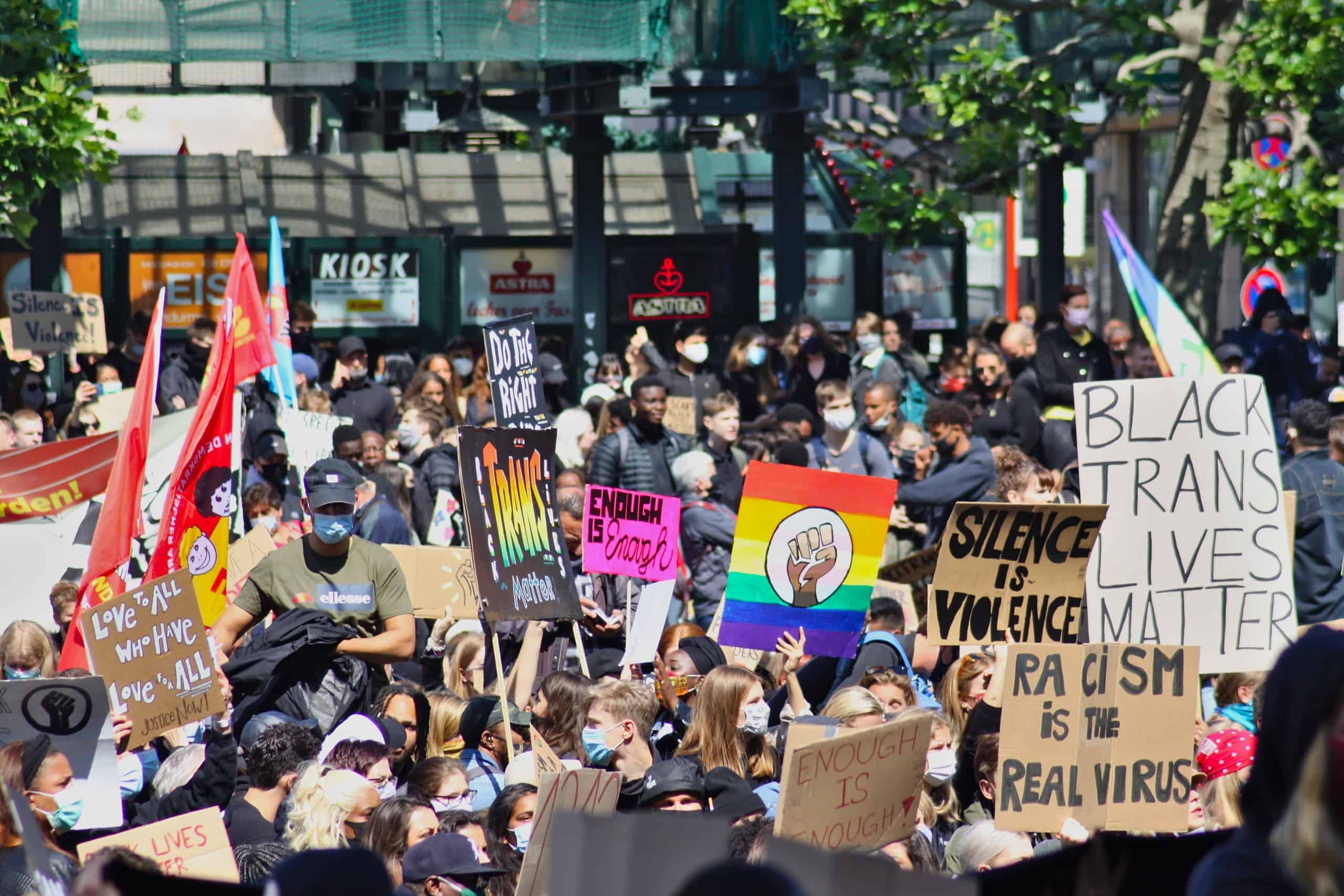Anti-racism is a call to action
Local advocacy group Edmonton Culture presented a two-part online discussion, “How to be an Anti-Racist,” on June 23 with American author Ibram X. Kendi and a panel of Edmonton’s social activists.
This event was organized to fight against rising instances of racism in Edmonton and Alberta. Junetta Jamerson, who runs Black Women United YEG, says, “We’re now at a juncture in time where there’s a dire course correction needed.”
That’s where anti-racism comes in. Anti-racism is seeing all racial groups as equal. It means that policies do not lead to inequity, or over-incarceration of racial groups, or cause racial groups to live disproportionately in poverty.
Being an anti-racist comes down to involvement and reflection. Kendi challenges everyone to ask themselves: “Am I upholding the structure of racism [through policies, the current healthcare and education systems full of systemic racism] and thereby being racist, or am I challenging it and thereby being anti-racist?” We don’t have the luxury of hiding behind the term “not racist.” Kendi explains there is no middle ground. “You’re either being racist or you’re being anti-racist.”
Andre Corbould, Edmonton’s city manager, touched on this when he discussed Edmonton’s plan to tackle racism. “All Edmontonians deserve to live in a city free of racism,” Corbould says. “Not being a racist is not good enough. All of us need to choose to be anti-racist, and that needs to be infused in everything.”
Alberta’s particular brand of racism is one of white nationalism and conservatism, says Shalini Sinha, chair of Edmonton’s Anti-Racism Advisory Committee. The racism she experienced in her childhood is the same BIPOC (Black, Indigenous, People of Colour) youth are experiencing today, three decades later. Education and change are vital, now more than ever. “Racism sets up confusion, it sets up all kinds of lies, it’s based on lies,” she says, and working toward reconciliation means confronting these lies head-on.

“Infiltrate, don’t assimilate,” says Christine Sokaymoh Frederick, executive artistic director of the Dreamspeakers Festival Society. Canada has used a policy of assimilation for so long, she explains passionately, and it is important to retain your identity when fighting racism. Jamerson adds: “I want to encourage you to embrace your culture as a protective factor, and not as a liability that has to be cast off in order to survive.”
Red tape and barriers might be inevitable when you’re fighting for a vibrant, anti-racist community. Sokaymoh Frederick believes that change will result from working in harmony and in solidarity together. We need to work toward anti-racism “because we believe in the collective good, not just in being seen as a good person,” she says.
Panelists encourage people to get involved by volunteering or donating. Elevate BIPOC voices if you have a platform. And offer support to social justice groups if you have the expertise.
“Racism is enacted in multiple ways, and it could take multiple ways to dismantle it,” stresses Sokaymoh Frederick. Above all, we need to listen to BIPOC individuals, let them take the lead on policy and choose their solutions, not solutions impressed upon them by Caucasians in power.







